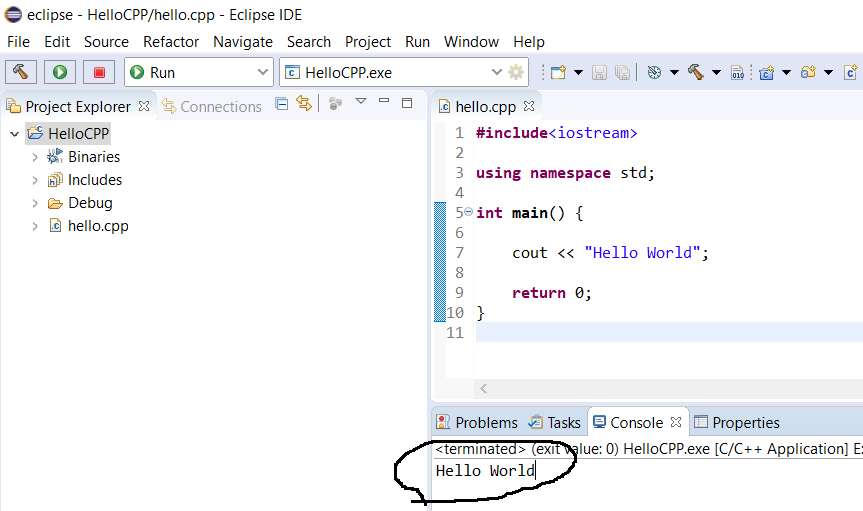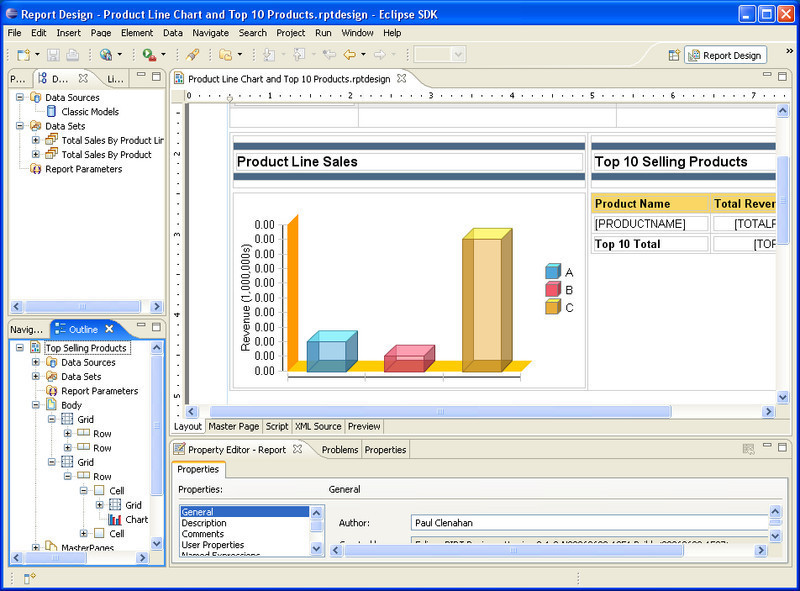

- #HOW TO USE ECLIPSE FOR C PROGRAMMING INSTALL#
- #HOW TO USE ECLIPSE FOR C PROGRAMMING DOWNLOAD#
- #HOW TO USE ECLIPSE FOR C PROGRAMMING WINDOWS#
If you download the Eclipse for C/C++ developers you can skip some of the steps below.

The latest versions of Eclipse can be downloaded from.
#HOW TO USE ECLIPSE FOR C PROGRAMMING INSTALL#
The first step to this setup is to download and install Eclipse.
#HOW TO USE ECLIPSE FOR C PROGRAMMING WINDOWS#
Once remote access and the proper C extensions are installed in Eclipse it is easy to proceed with C development from the comfort of your Windows desktop. Utilizing the RSE (Remote System Explorer) plugin (part of the Target Management Project ) for Eclipse we can gain remote access to a filesystem via SSH. SSH is an excellent, secure (encrypted), protocol for accessing remote Linux environments.

There are many ways to get a running Linux installation, either real or virtual, installed for development, but then the challenge becomes remote access to these systems for development. If you don't have a C compiler handy on your Windows machine, or if you want to focus on C development under Linux a new hurdle presents itself to users with a Windows based workstation. Eclipse is normally configure for developing Java, but with a few tweaks it can easily be used as a robust, and friendly, C development environment. Eclipse IDE can be used for Java, PHP, C/C++ development and more. Thankfully for those who have become familiar with Eclipse there are extensions that allow development in other languages. This article addresses all three scenarios, but is most pertinent to the last two.Įclipse is a well known development environment amongst Java developers. Developers might also be able to set up their own Linux environment on spare hardware. Virtualization allows these new programmers to operate a VMWare or VirtualBox virtual machine from their own desktop. Developers can also opt for utilizing MinGW, a GCC port for windows. Unfortunately many beginning programmers work from a Windows environment, and their choices for C development seem limited to Microsoft Visual C++.įortunately for these aspiring programmers there are newly available options. GNU/Linux is an ideal environment for learning C because of the easy availability of the powerful GCC and GDB tools. C programming is daunting enough for most people, and having to utilized Unix editors like Vi or Emacs doesn't make C any more approachable. One of the major challenges to most beginning C programmers is the lack of a good, open source IDE.


 0 kommentar(er)
0 kommentar(er)
